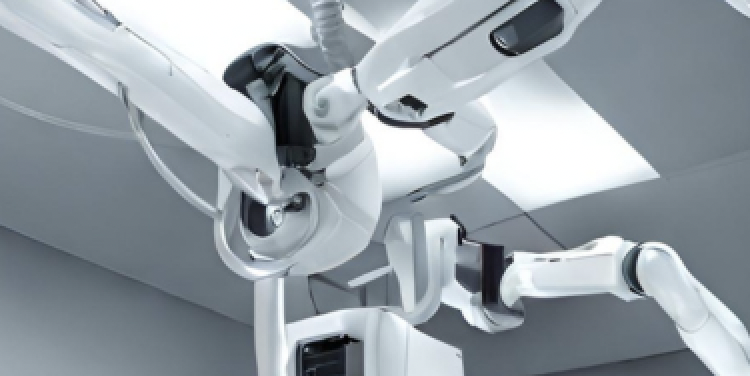Sorry, Shakespeare, I just had to use this headline as Neuralink, Elon Musk’s brain-computer interface (BCI) start-up, is recruiting people for its first human trial—the goal is connecting human brains to computers. Initially, the company will test its technology on people with paralysis. Implementation involves a robot to help implant a BCI, enabling the person to control a computer cursor or type using thoughts alone.
While competitors have already implanted BCI devices in humans, Neuralink won U.S. Food and Drug Administration (FDA) approval for the first human clinical trial. The support was an essential first step. Neuralink stated it wanted to implement its device in 10 people, but the final number has yet to be announced.
The study will last six years. The robot will assist in surgically placing 64 flexible threads, thinner than a human hair, on the part of the brain that controls “movement intention.” Neuralink’s experimental battery-powered N1 implant will wirelessly record and transmit brain signals to an application that decodes how the person intends to move. The battery is charged wirelessly.
Qualifications for the trial are those with quadriplegia due to injury or amyotrophic lateral sclerosis (ALS), a disease in which the nerve cells in the spinal cord and brain degenerate. There are BCIs already implanted by others, including Utah-based Blackrock Neurotech and Precision Neuroscience, formed by a Neuralink co-founder, targets those with Paralysis. The implant resembles a thin piece of tape on the brain’s surface and can be implanted via a simple procedure called a “cranial micro-slit.”
In two separate U.S. studies, implants were used to monitor brain activity when a person tried to speak, which could then be decoded to help them communicate. While Neuralink’sadvantage is their robotically assisted implantation procedure; it’s unknown how the company’s technology will be accurate and reliable over time, a challenge for BCI thus far.

